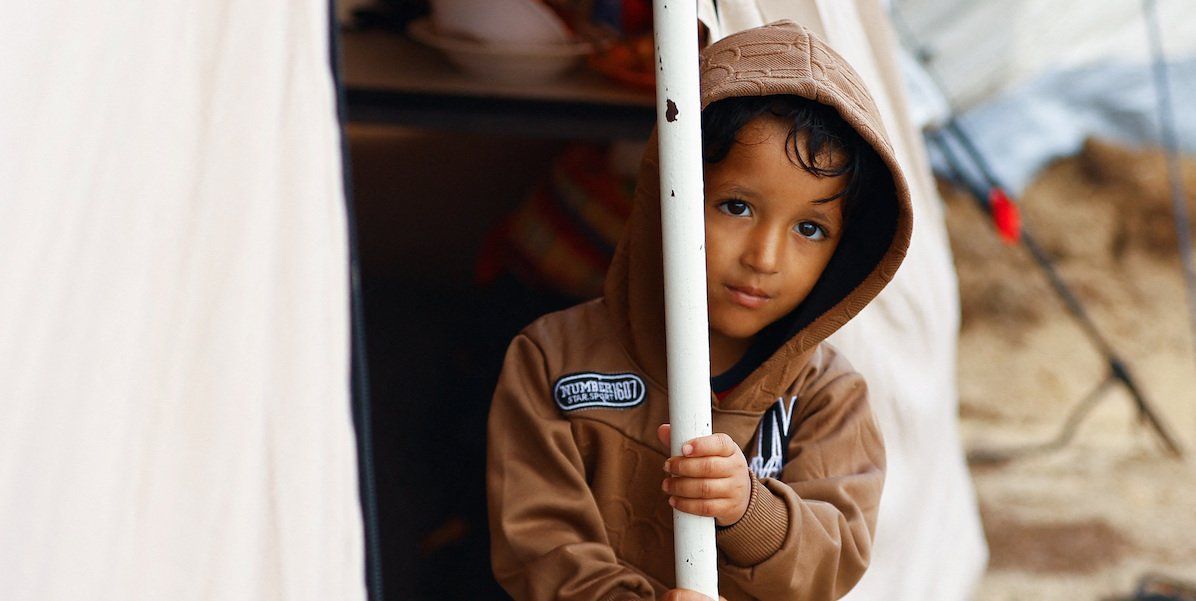For weeks, Israel has been urging residents of northern Gaza to head south, portraying that region as a refuge from its operation to destroy Hamas. But now it’s telling Palestinians to evacuate parts of southern Gaza, which is already jammed with people who’ve fled their homes.
The war, which began after Hamas' surprise attack against Israel on Oct. 7, has displaced over 1.5 million people in Gaza (roughly two-thirds of the total population). Even before the war, most Palestinians in Gaza could not leave (Israel has imposed an air, sea, and land blockade on Gaza, also backed by Egypt, since 2007).
Since the fighting started, Egypt has only let in a small number of Palestinians via the sole Gaza border crossing not controlled by Israel. For the vast majority of trapped Palestinians, the situation is, in the words of UN human rights chief Volker Türk, a “hellish nightmare.”
The grim reality: The question of where Palestinian civilians can find safety in Gaza as Israel hones in on the southern part of the territory is becoming ever harder to answer. Meanwhile, an escalating humanitarian crisis in the territory continues to raise concerns across the globe.
